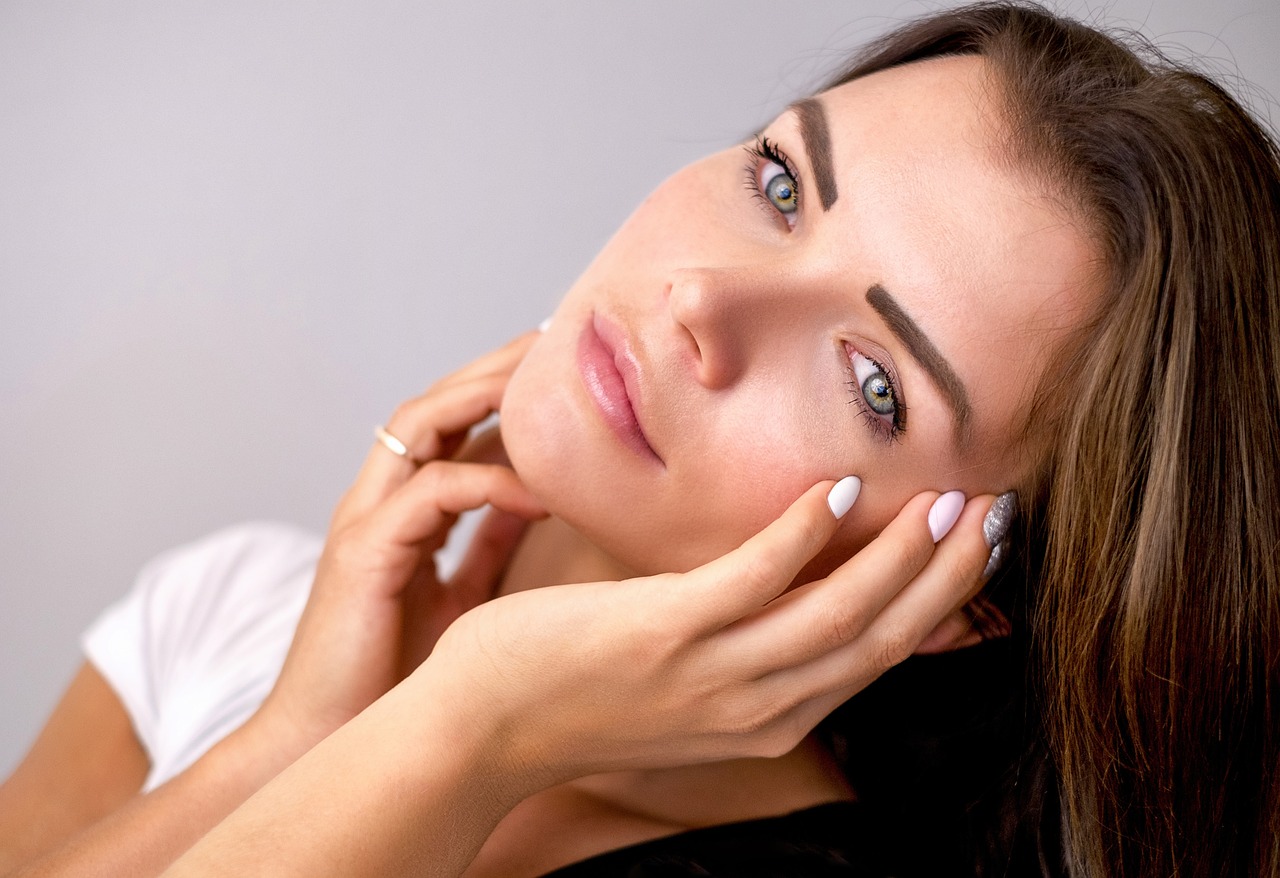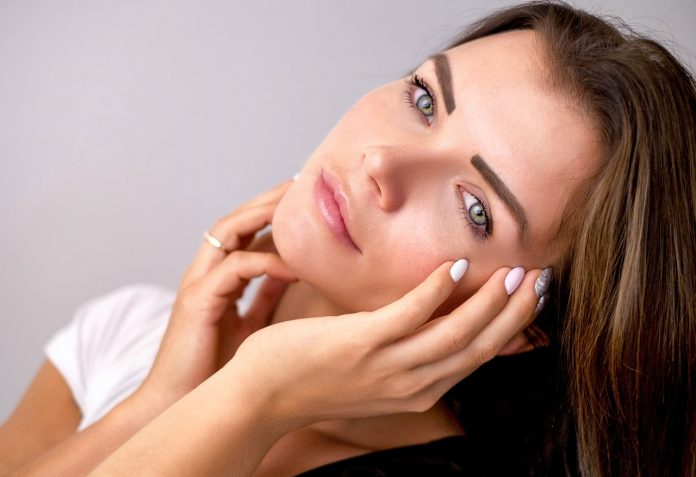If you’re constantly battling dry, itchy skin despite using moisturizer, you may be overlooking some surprising culprits. While a lack of moisture is the primary cause, various hidden factors could be making your skin drier.
“Dry skin occurs when the skin barrier is impaired, often due to a deficiency in essential fats,” explains Dr. Shari Marchbein, a dermatologist in New York City. The top layer of your skin relies on natural oils to retain moisture, and when these are depleted, dryness can set in.
Though dry skin (xerosis cutis) is common and can affect people of all ages, identifying the root cause is essential for effective treatment. Below are ten unexpected reasons your skin might be drier than usual—plus tips to help restore moisture.
- Fragrance in Skincare Products
Many lotions, deodorants, and soaps contain fragrances that can irritate sensitive skin. “Fragrances are a leading cause of allergic contact dermatitis,” says Dr. Amy Forman Taub, a dermatologist at Northwestern University. Look for products labeled “fragrance-free,” and be cautious of essential oils that may also trigger irritation.
- Harsh Soaps and Detergents
Many soaps and shampoos strip natural oils from your skin, making dryness worse. Dermatologists recommend switching to a gentle, moisturizing body wash instead of bar soap. Even laundry detergents and fabric softeners can contribute to dryness, so opt for hypoallergenic versions if you have sensitive skin.
- Your Genetics
If dry skin runs in your family, genetics may be playing a role. Research shows that mutations in the filaggrin gene (which helps maintain the skin’s barrier) can lead to chronic dryness and conditions like eczema. If this applies to you, using a moisturizer with ceramides and lipids can help strengthen your skin’s protective barrier.
- Hard Water
Mineral-rich hard water can leave a residue on your skin that prevents proper hydration. “Heavy metals in water can react with natural oils, clogging pores and worsening dryness,” says Dr. Dennis Gross, a dermatologist in New York City. Installing a water softener or using vitamin C-infused skincare can help counteract this effect.
- Acne Treatments and Retinol
While salicylic acid and retinol are great for treating acne, they can also cause excessive dryness. If you notice peeling or irritation, reduce usage to every other day or switch to a gentler formula. Always follow up with a hydrating moisturizer to prevent flaking.
- Dry Air Indoors and Outdoors
Cold weather and indoor heating can sap moisture from your skin. A humidifier can help maintain healthy humidity levels (30–50%), preventing skin from becoming too dry during winter months.
- Frequent Handwashing
Washing your hands repeatedly, especially with hot water, can strip away natural oils, leaving skin cracked and irritated. Use lukewarm water, mild soap, and apply a hand cream afterward to keep moisture locked in.
- Long, Hot Showers

Hot showers might feel relaxing, but they strip the skin of its protective oils. Dermatologists suggest keeping showers under five minutes and using warm water instead of hot. Apply moisturizer immediately after showering to help retain moisture.
- Aging and Hormonal Changes
As we age, our skin produces less oil, making dryness more common, especially after 40. Women going through menopause may experience increased dryness due to hormonal shifts. To combat this, use a rich moisturizer with hyaluronic acid, glycerin, or petrolatum.
- Underlying Health Conditions
Certain medical conditions, such as diabetes, thyroid disorders, and kidney disease, can cause excessively dry skin. If you experience persistent dryness along with other symptoms like itching, inflammation, or scaling, consult a doctor for further evaluation.
Final Thoughts
Dry skin isn’t just about not moisturizing enough—it can be caused by hidden factors like genetics, hard water, or even skincare ingredients. Understanding these causes can help you make informed choices to keep your skin healthy and hydrated.



